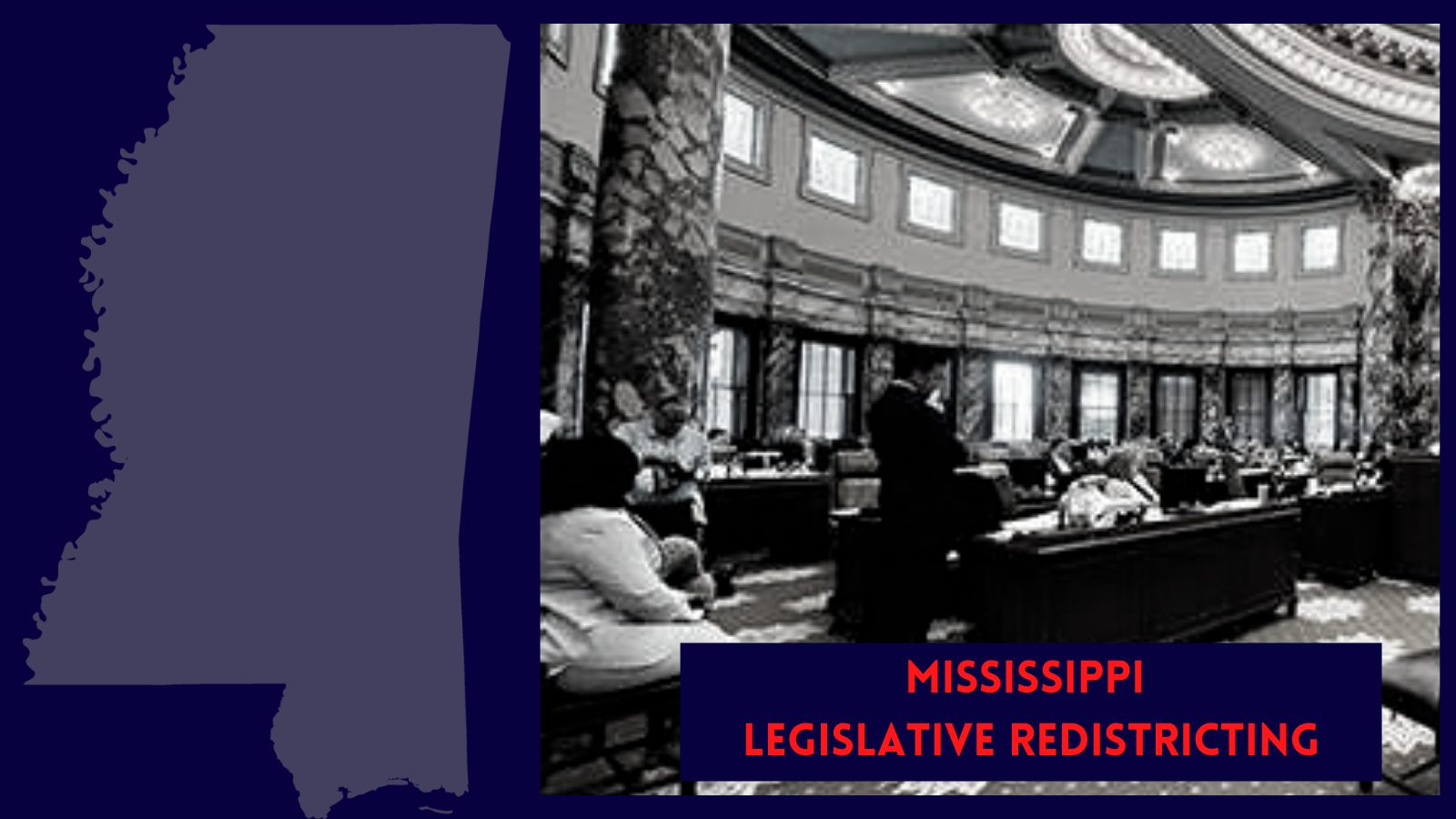
The group has partnered with the ACLU and others to seek greater black voting strength in 7 parts of the state.
On Tuesday, the NAACP along with five black Mississippi residents filed a lawsuit against the state of Mississippi challenging Mississippi’s 2022 state legislative redistricting maps just weeks before qualifying begins for the 2023 election cycle.
The plaintiffs are being represented by the American Civil Liberties Union (ACLU of Mississippi), Lawyers’ Committee for Civil Rights Under Law along with Morgan, Lewis & Bockius LLP, the Mississippi Center for Justice and attorney Carrol Rhodes.
The legislatively approved redistricting maps were approved back in March by each chamber of the Mississippi Legislature during the 2022 session. The House passed their map by a vote of 81-37 while the Senate passed theirs 45-7.
READ MORE: Legislators one step closer to solidifying redistricting maps
The NAACP lawsuit now claims that the 2022 legislatively approved maps passed nearly 9 months ago deny black residents in some areas across the state an equal opportunity to participate in the political process in violation of Section 2 of the Voting Rights Act of 1965.
Mississippi currently has the largest black population of any state in the U.S. at roughly 38%, according to the latest data from the U.S. Census Bureau.
“Mississippi’s newest maps are a continuation of the state’s long history of disenfranchising Black voters. Black voices were not heard in the redistricting process and these districts, which break up Black communities and limit their electoral voice, are the result. If our elections are to be just, equitable and fair, it is imperative that all Mississippians have a fair opportunity to elect candidates that reflect their communities and are responsive to their needs,” said Janette McCarthy Wallace, General Counsel, NAACP.
The filing says that Mississippi’s 2022 maps illegally dilute the voting strength of black Mississippians and improperly use voters’ race to achieve partisan goals and protect incumbent politicians.
“The new maps are only the latest in a long and unfortunate history of manipulating the districting process to undermine Black voters’ political power,” the lawsuit states. “Because they violate federal law and the U.S. Constitution, Mississippi’s new districting maps should be enjoined, and lawful maps that fairly represent Black voters and all Mississippians should be ordered into place.”
The lawsuit alleges that the new maps do not property reflect the reality of that demographic. The filing particularly targets seven areas – four in the Senate and three in the House – which the NAACP claims should have been drawn as more majority-black districts.
In a statement, Jarvis Dortch, Director of the ACLU of Mississippi, claims that lawmakers drew their districts to guarantee re-election. He criticized the action and said it ignores the public need.
However, Representative Dan Eubanks, who served on the Joint Legislative Committee on Reapportionment and Redistricting says Dortch’s comments are not accurate.
“Mississippi has more people of color serving in public office per capita, relative to the rest of the country, than any other state. When the new districts were presented, it actually collapsed several Republican districts and strengthened historically black districts,” said Eubanks. “The narrative that the redistricting was done only to preserve our opportunities for reelection and not for equality only continues the notion of racism and division in our state.”
In the Senate, the lawsuit claims redrawn lines would prevent voter dilution in:
- DeSoto County area
- Golden Triangle area
- South-Central Mississippi near Copiah, Simpson and Jefferson Davis Counties
- Hattiesburg area
For the House districts, they suggest changes to:
- Western Hinds County area
- Golden Triangle area between West Point and Tupelo
- Cities of Laurel and Meridian and around Jasper and Clarke Counties
Based on current districts, 15 of the Senate’s 52 districts and 42 of the House’s 122 districts are majority black.
Qualifying for legislative seats in the 2023 state elections begins on January 3rd and runs through February 1st.
Read the full filing below:
Complaint – Mississippi State Conference of the Naacp v. State Board of Election Commissioners by yallpolitics on Scribd











